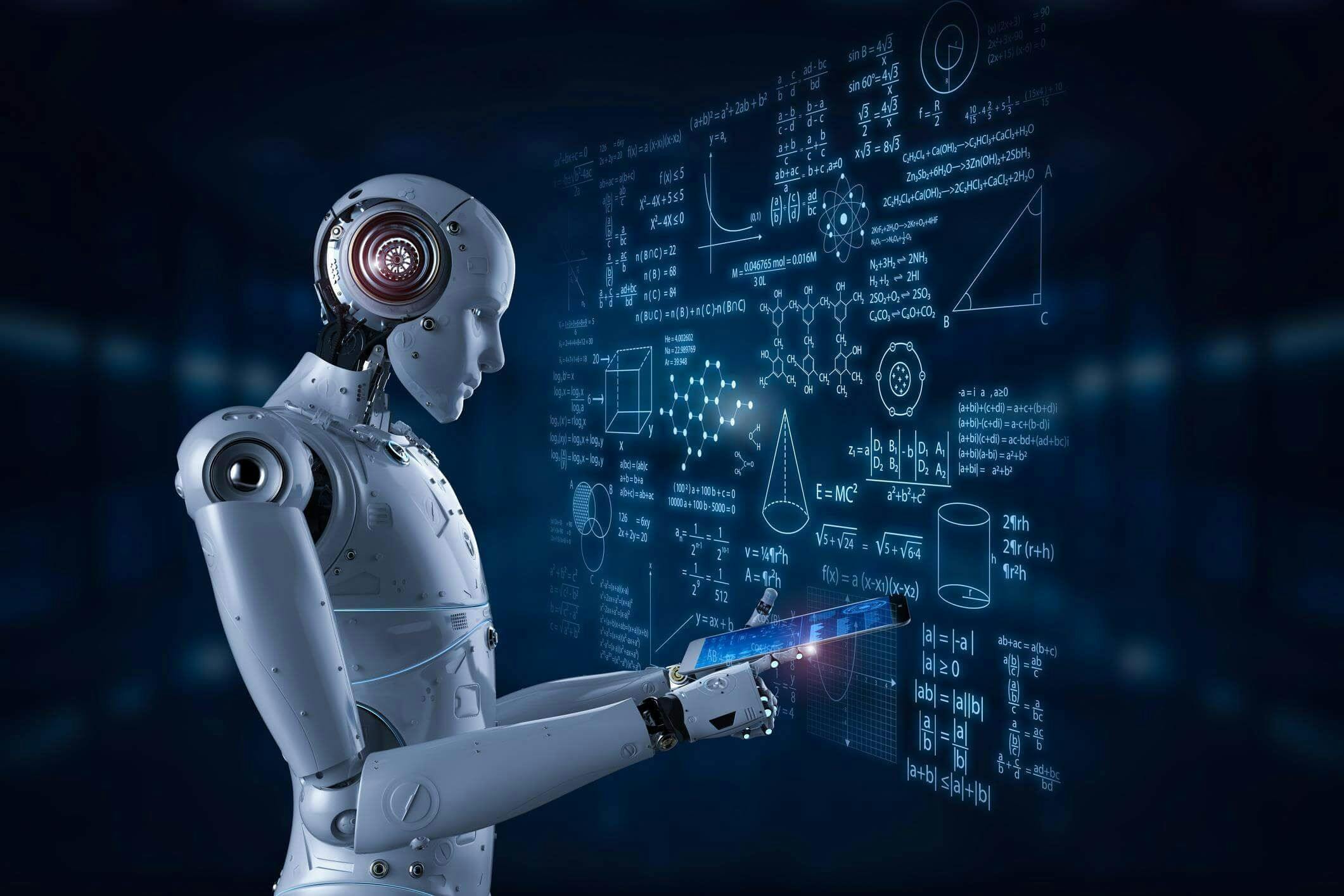584 reads
AI Will Not Take Over the World Anytime Soon
by
April 27th, 2021

Co-Founder at TechnBrains | Co-Founder at KoderLabs | Entrepreneur | Thought leader
About Author
Co-Founder at TechnBrains | Co-Founder at KoderLabs | Entrepreneur | Thought leader
